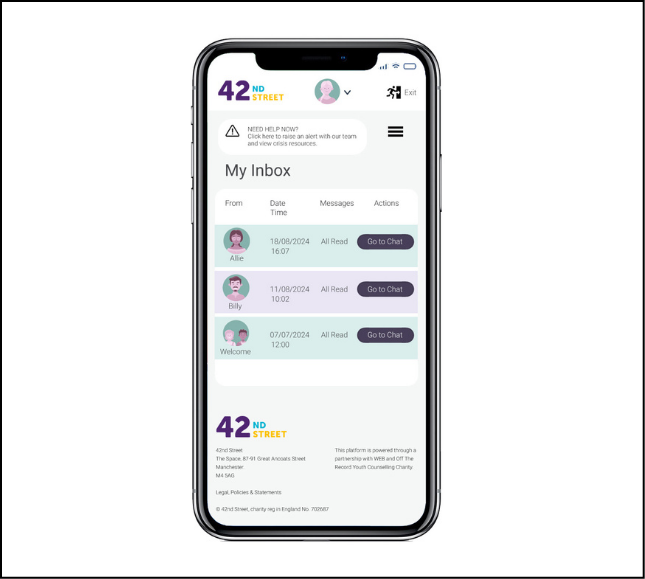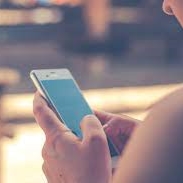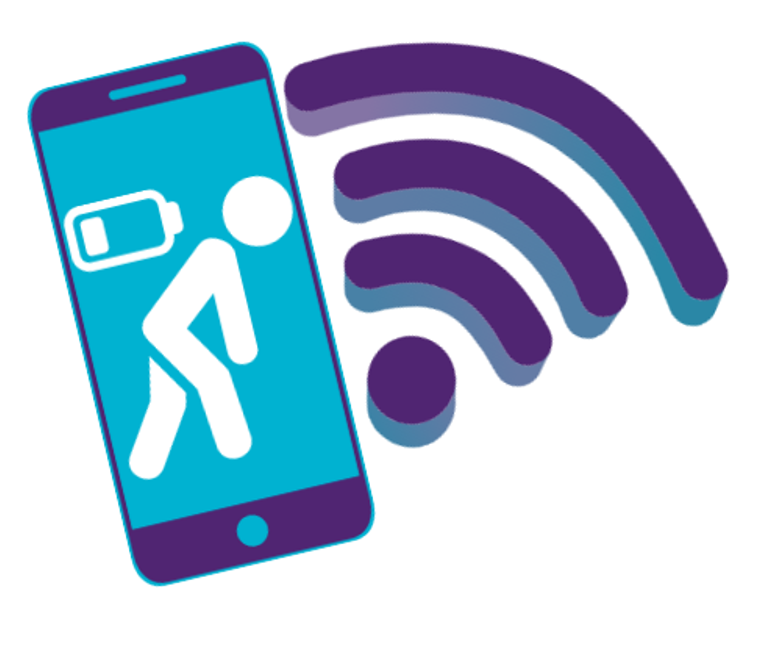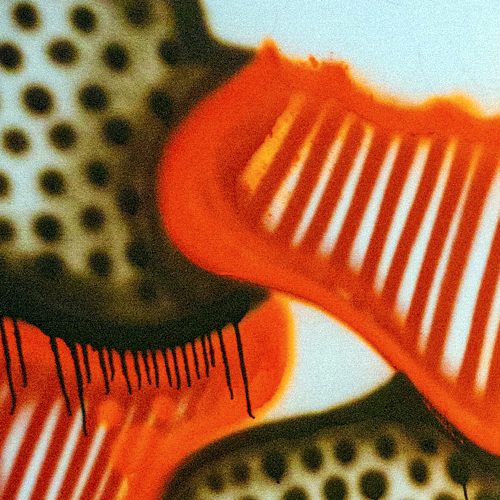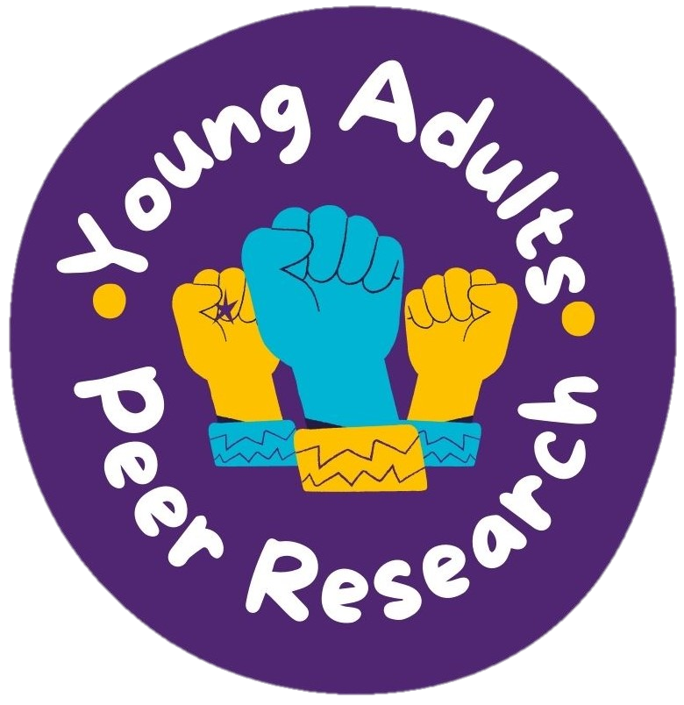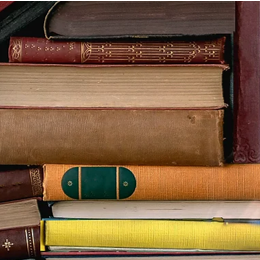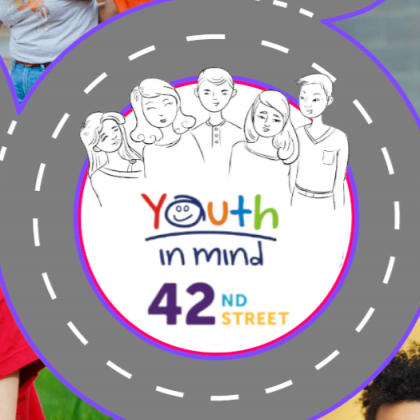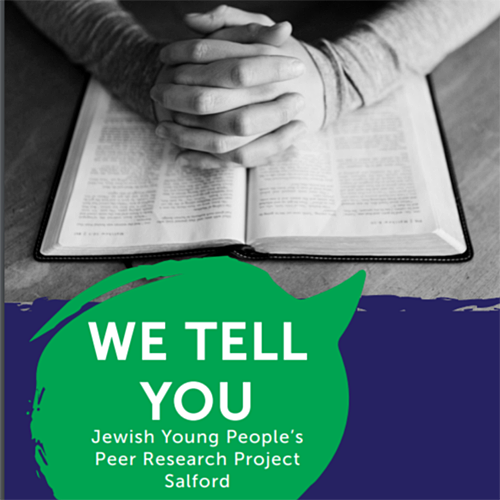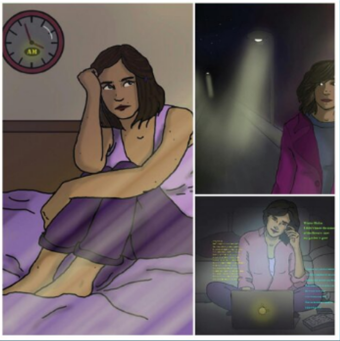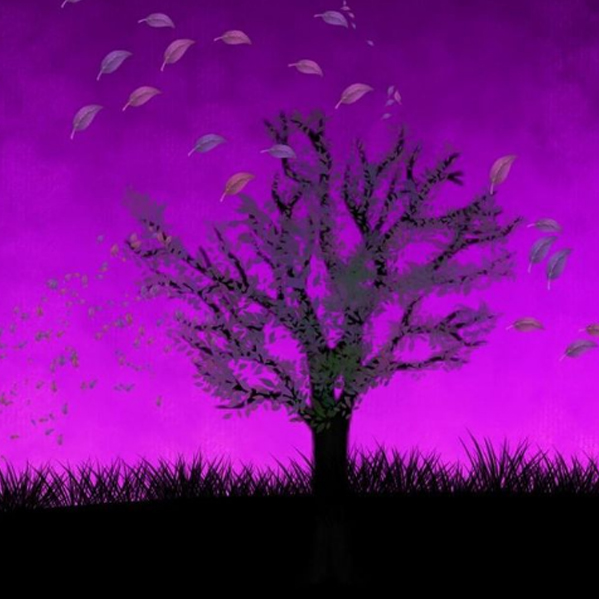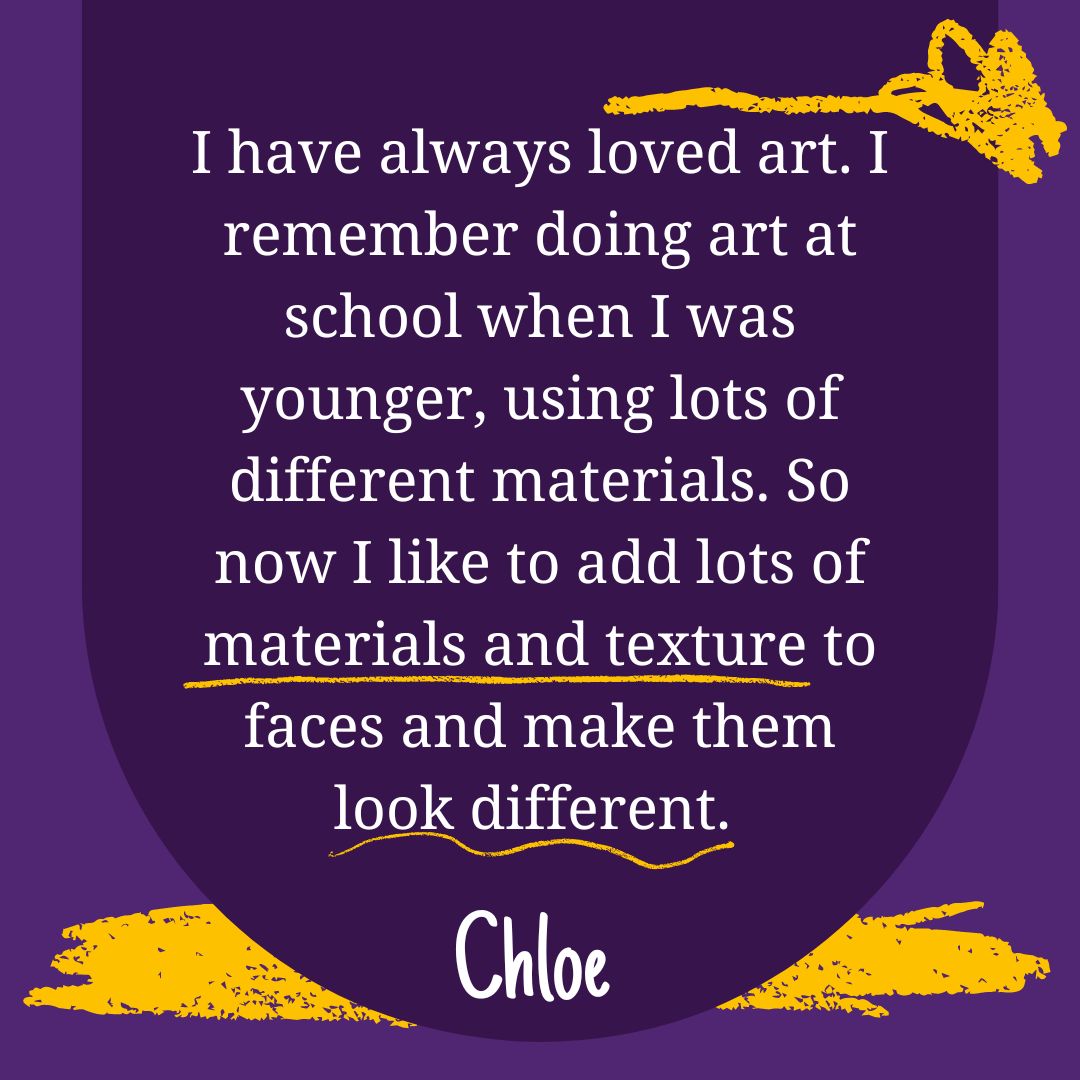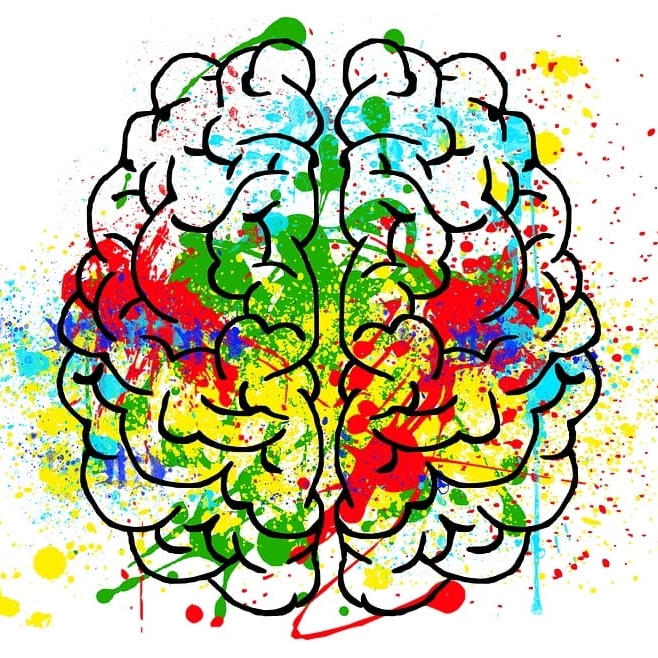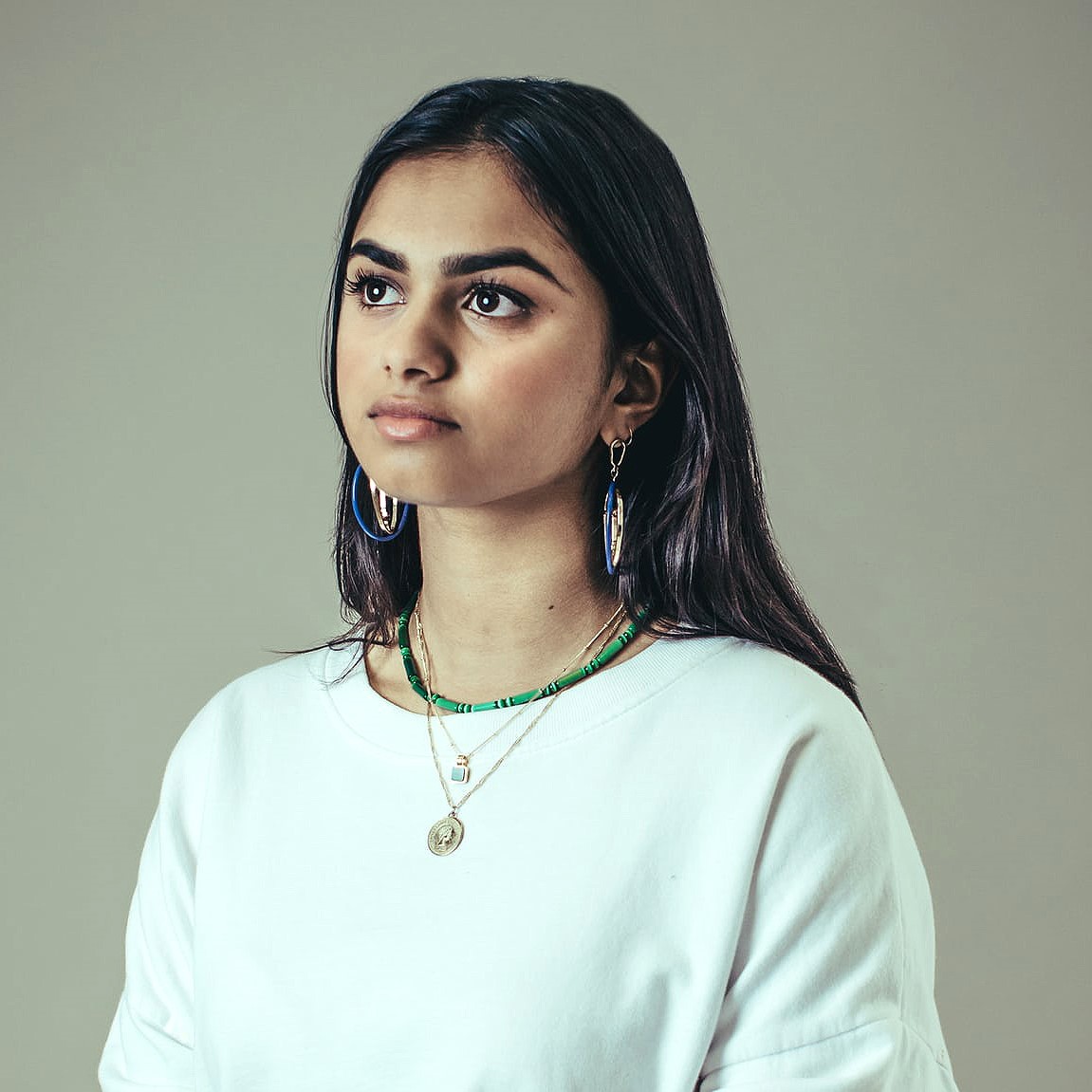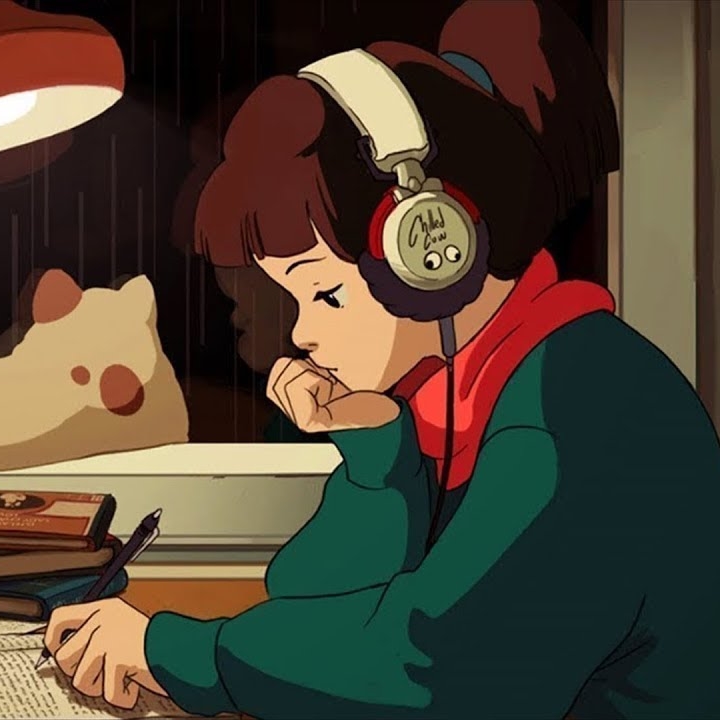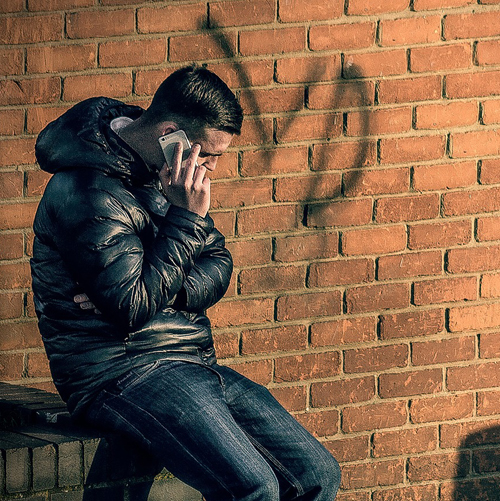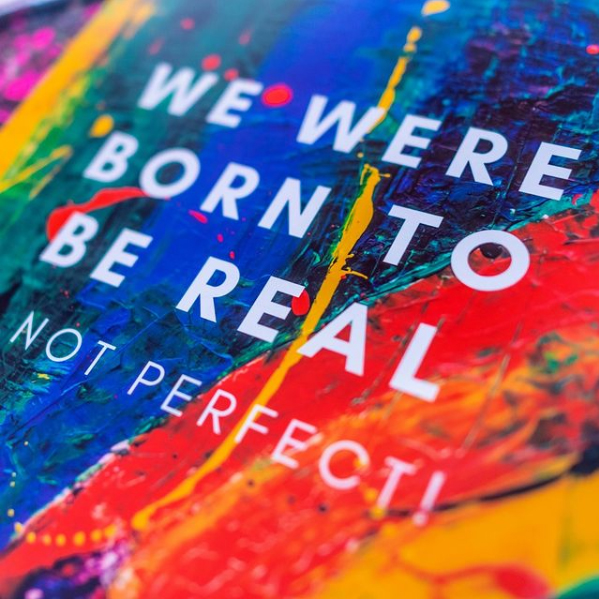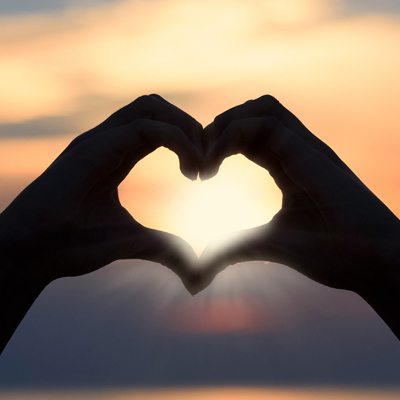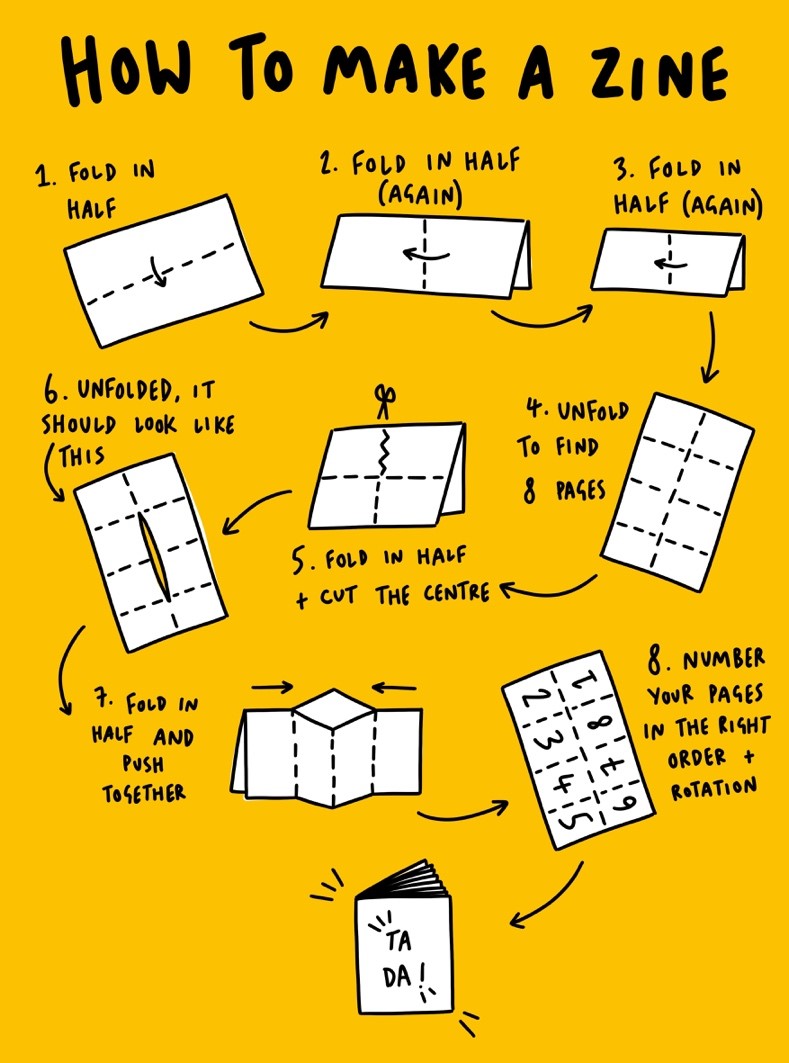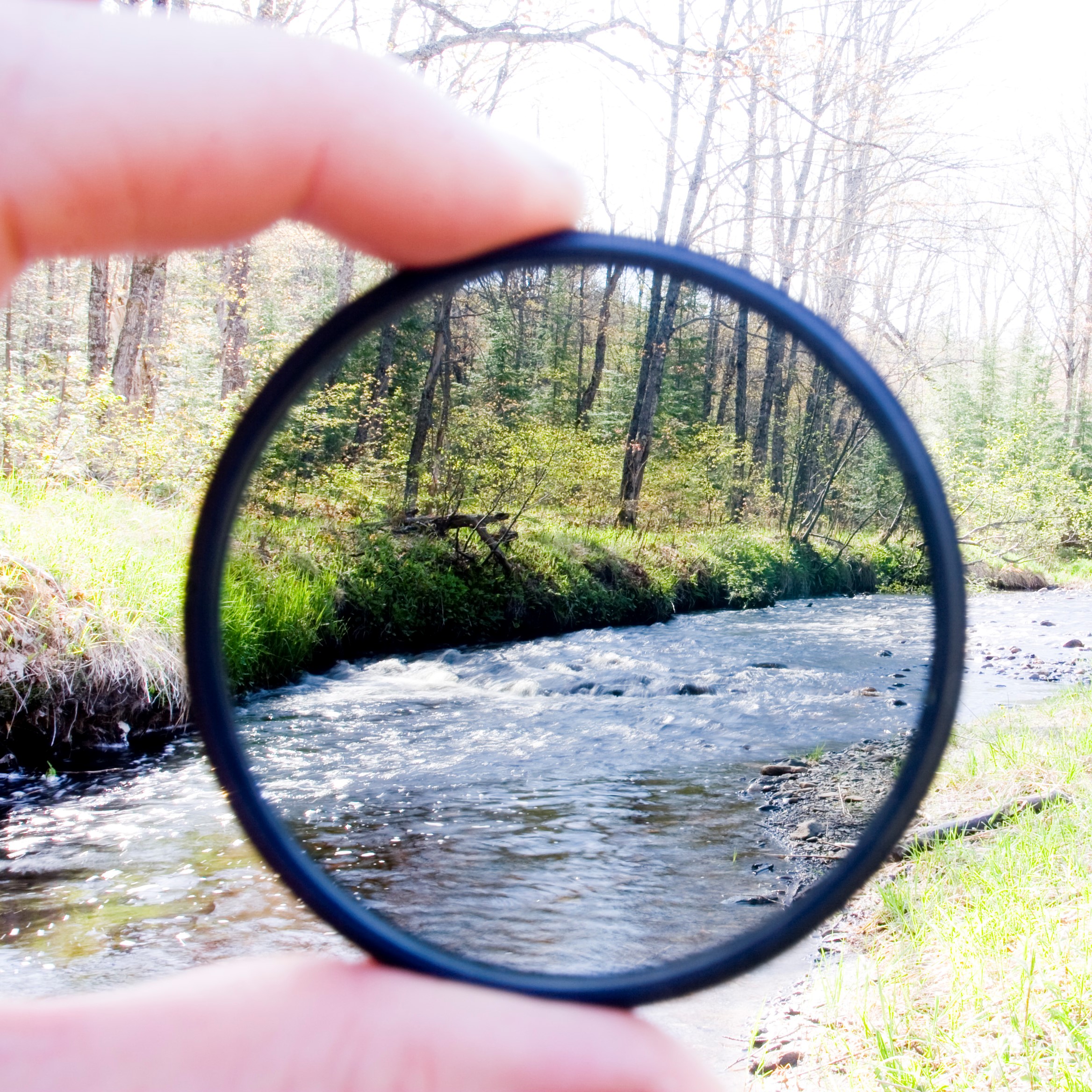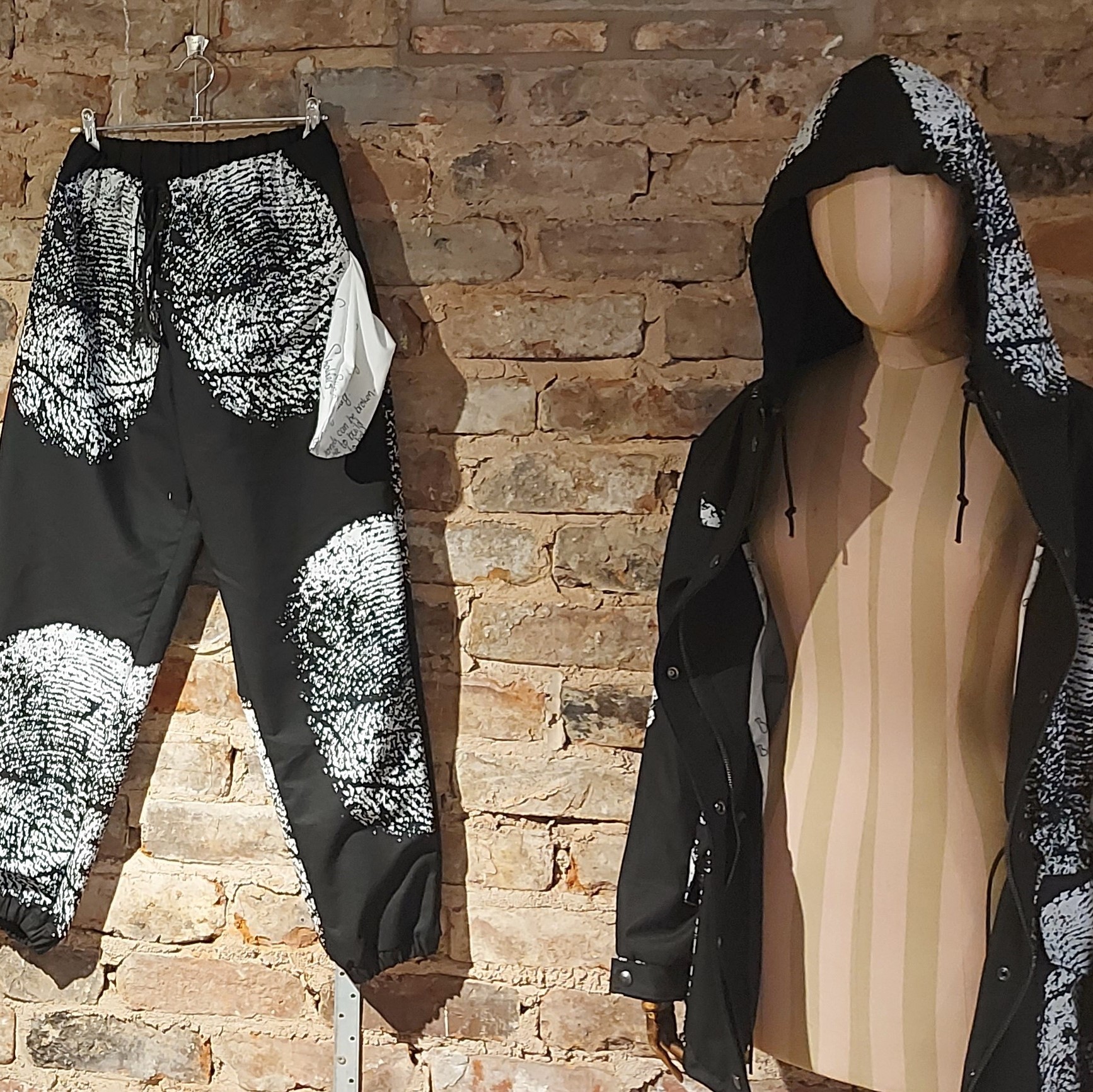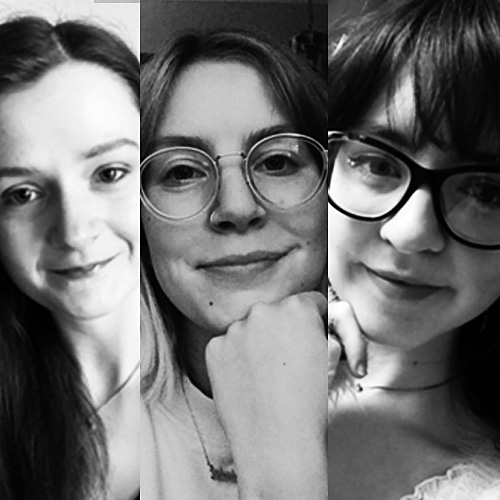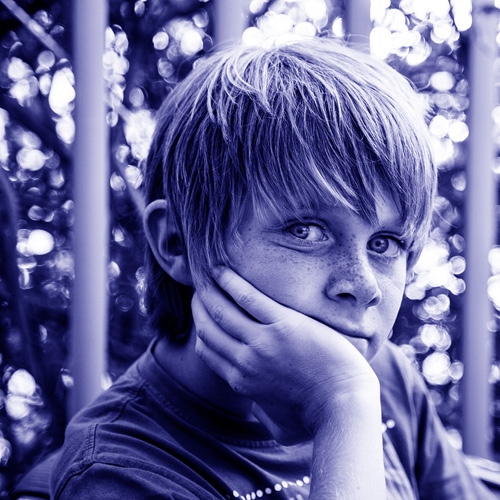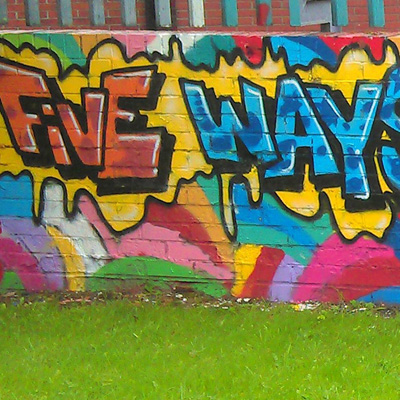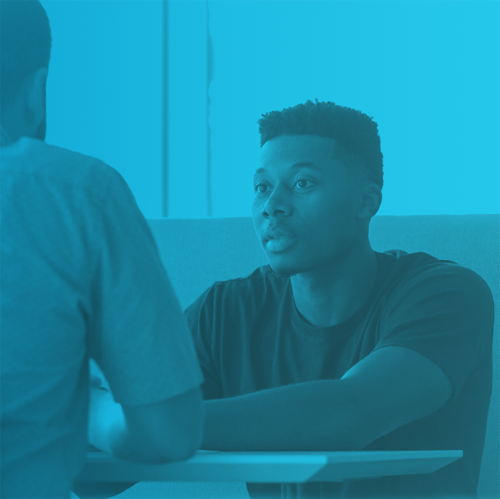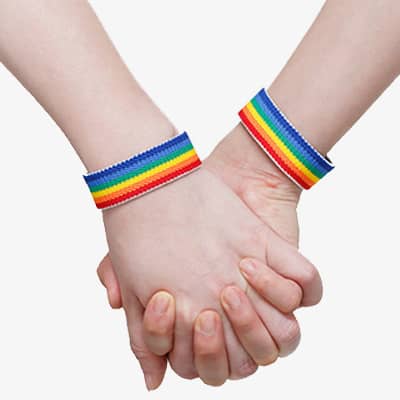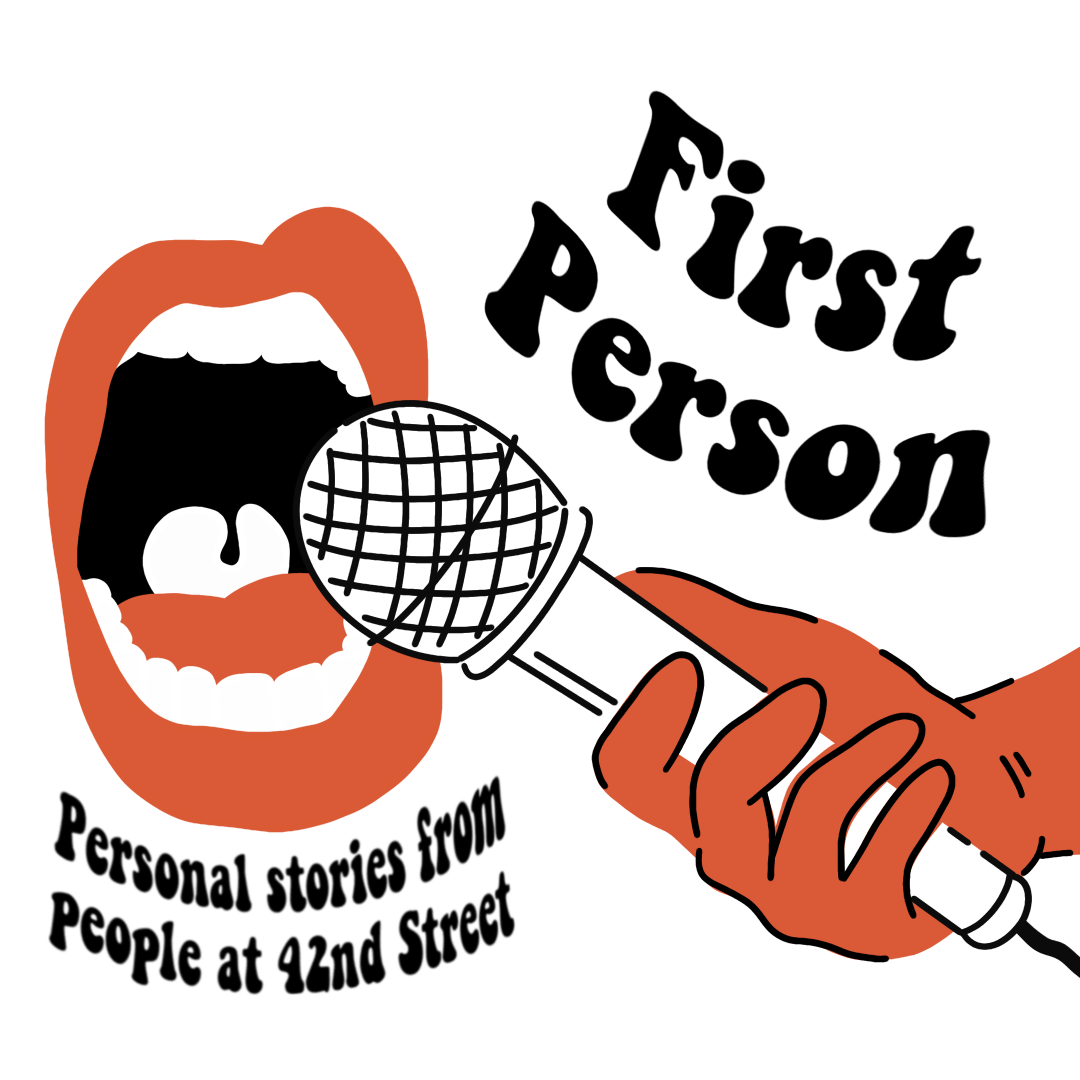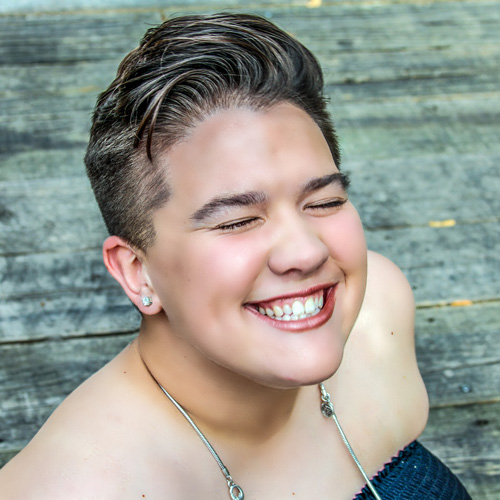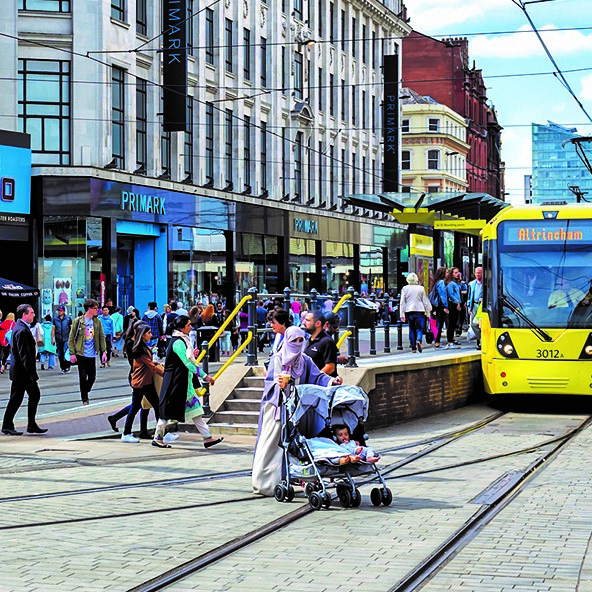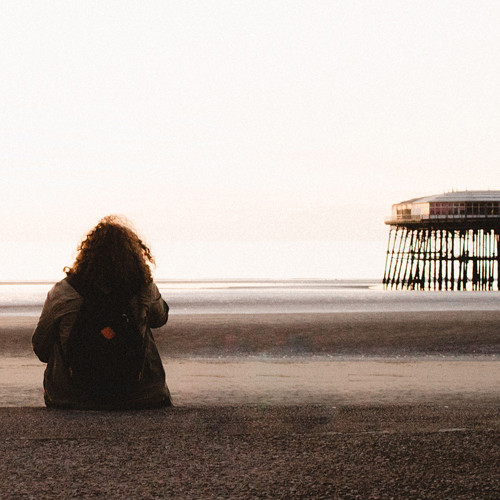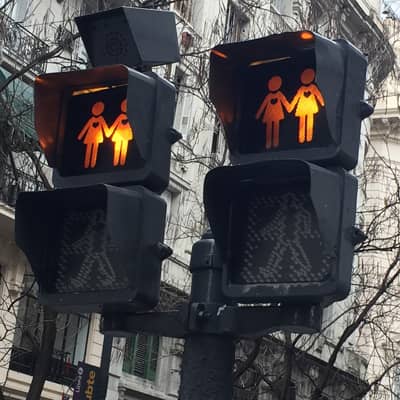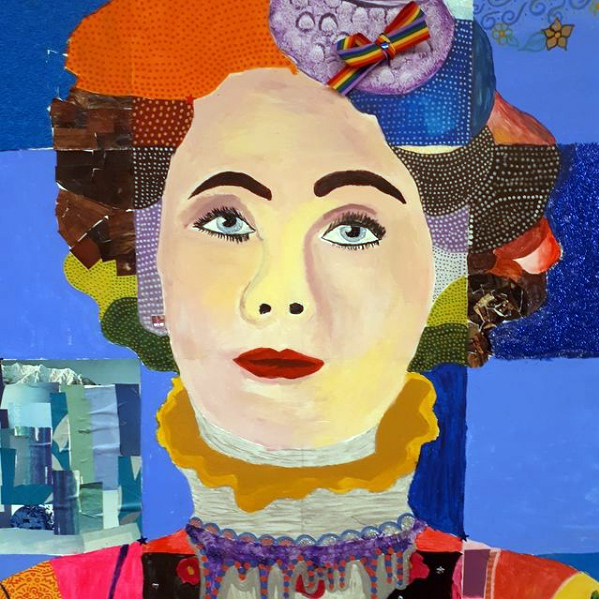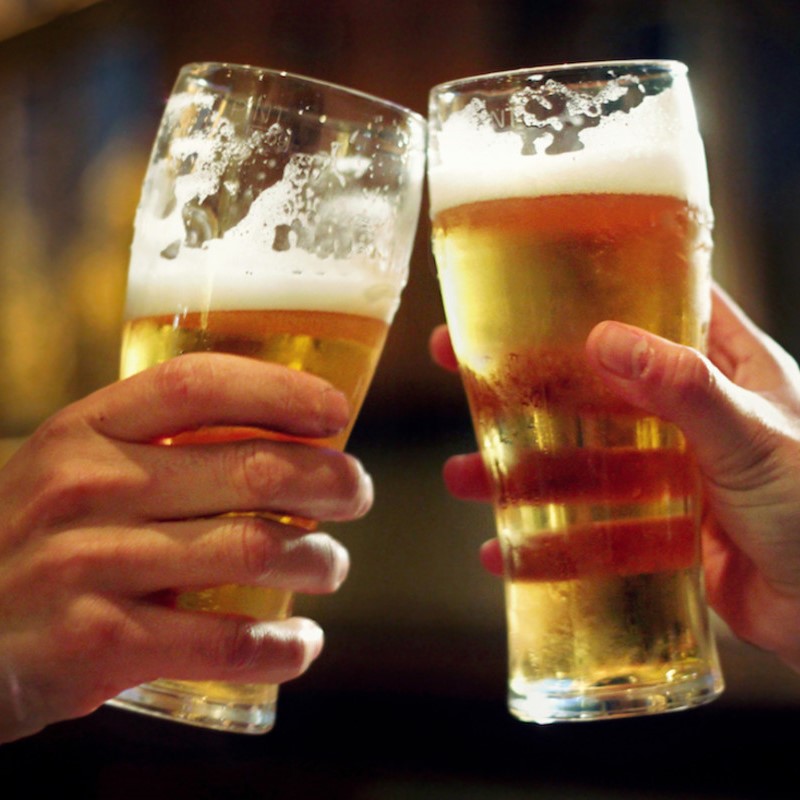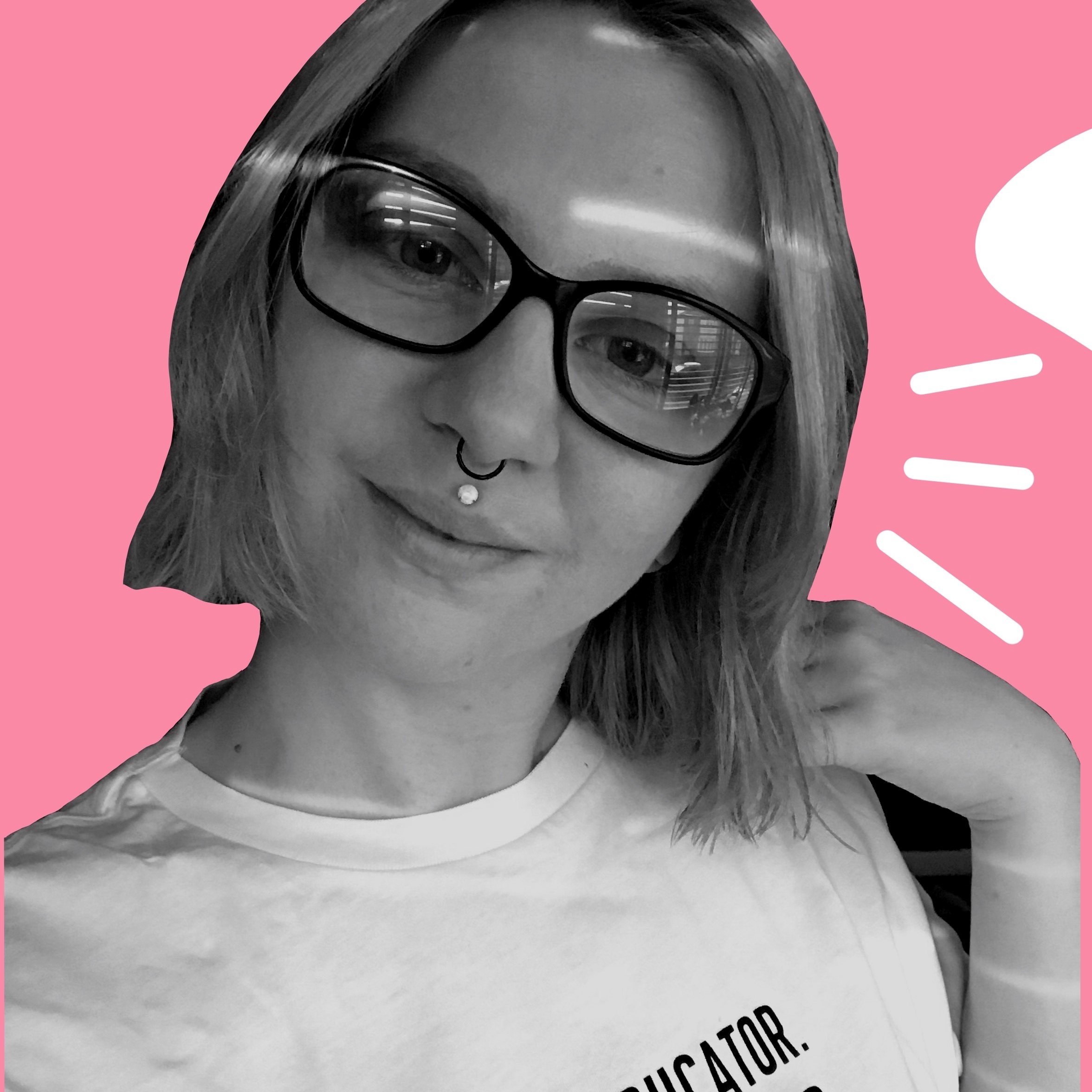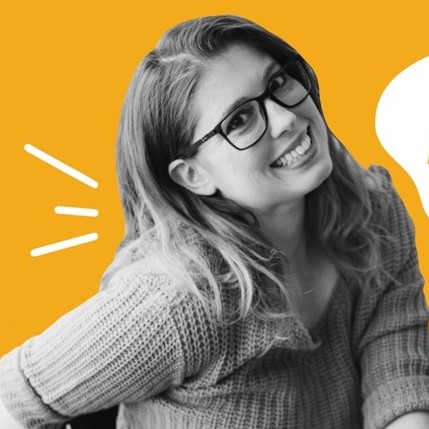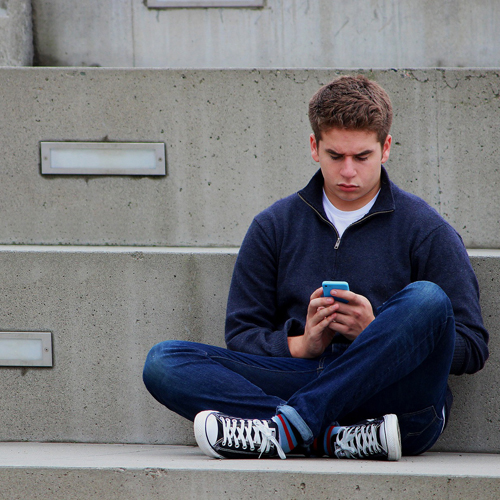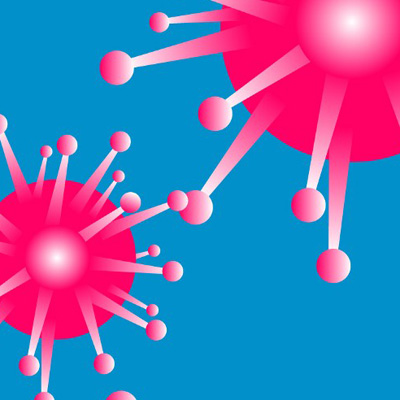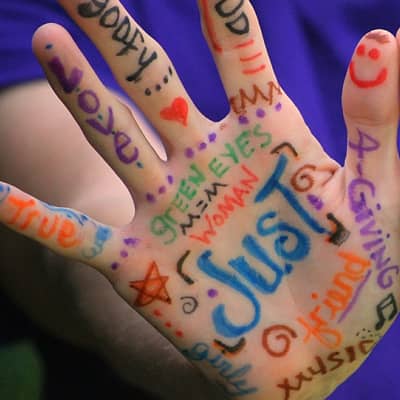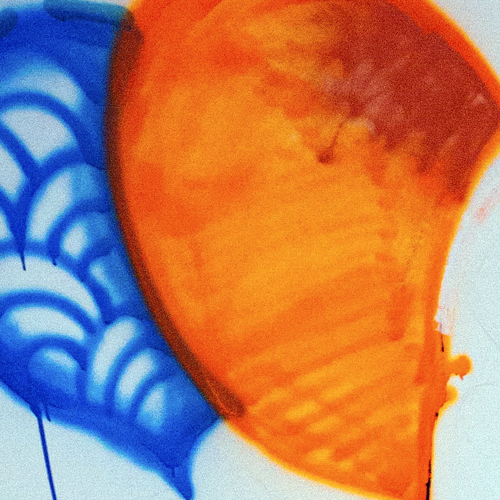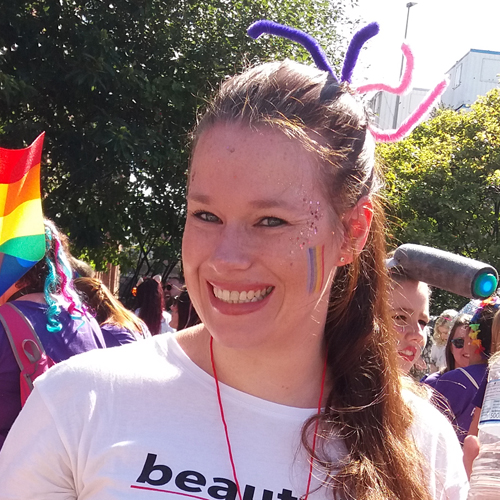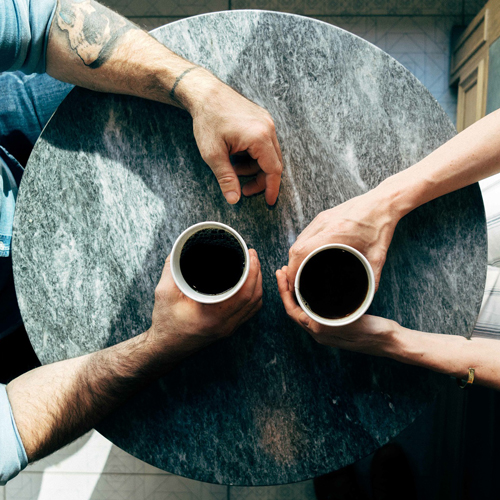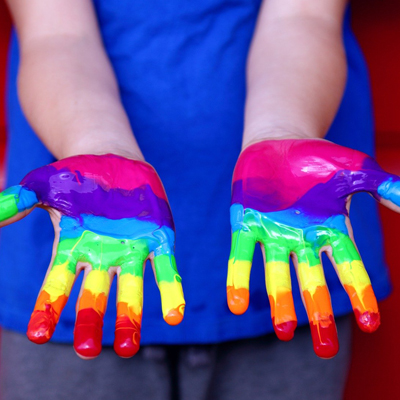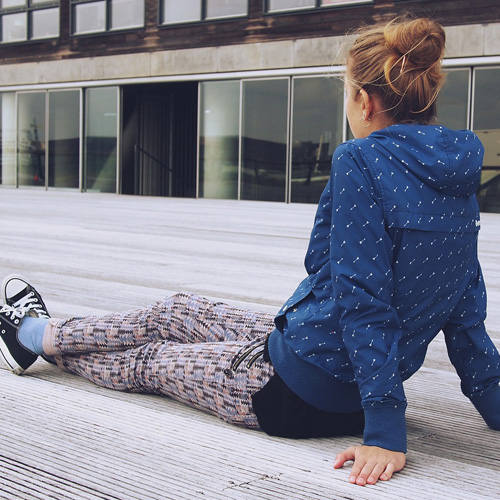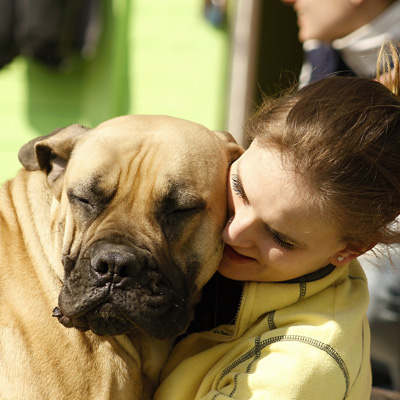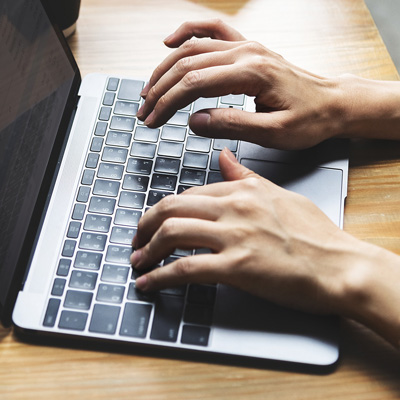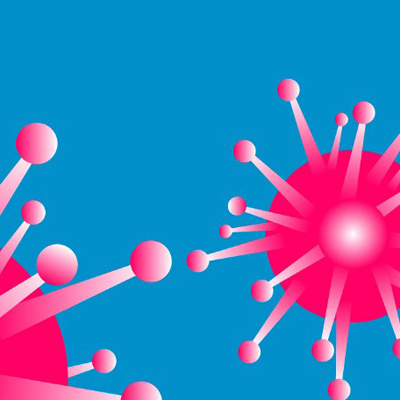Disabled people are sexy, pass it on
Interview with Ginny (MyDisabledSexLife) about sex, stigmas and ableism
This content touches on: Sexuality, masturbation, anxiety, depression, ableism, covid
Introduction

Ginny is an all-round wonderful young person ready to chat all things sex ed and how to live your best disabled sex life! After dipping her toe in the world of sex positive pages on Instagram, Ginny now makes amazing online content about all things, sexuality, mental health, ableism and SO MUCH MORE!
So Ginny, how are you today?
“Lockdown days have just blurred into one”
Ginny: Today, I've been in one of those moods where I'm like, there's nothing, actually really on my mind. There's nothing actually pressing that I need to do. But I've just felt like I don't even have the energy to watch television. I'm having one of those weird pandemic, lockdown days where it's all just blurred into one. But it’s no other reason than the world is just a bit much at the minute.
I'm definitely feeling a lot like of anxiety and a lot of stress around the restrictions being lifted. And obviously, there's a quite shocking statistic that disabled people are six times more likely to die of Covid. Which, I feel as a member of that community, but also as somebody that works in health care, I've seen both sides of that coin. So, I’m finding it really tricky knowing where we are now and visualising where we’ll be in three months time.
What advice do you have for people in lockdown life?
“Don’t you dare feel the pressure to be doing yoga or going for a run. Only do what you can do”
Ginny: A lot of people and the official advice is to keep a routine, keep exercising, keep a good diet. But there's been many times during lockdown that me and friends have spoken and have said we’ve not showered in days, not brushed our teeth in days, not eaten anything other than salt and vinegar crisps for days. And if that's all you can do, don't you dare feel the pressure to be doing yoga, having a run, making brownies and delivering them to your neighbours.
Only do what you can do! Everybody's mental health journey is going to be completely different.
Do you have any advice for young people who are nervous for lockdown lifts and the social anxiety or peer pressure that may come with it?
“There shouldn’t be any judgement from anybody on whatever personal relief you need to do to make yourself feel comfortable”
Ginny: Do it in your own safe way. You can keep the number of people that you are mixing with limited at first just to see how things go.
If masks aren't mandatory anymore, but you feel more comfortable wearing one, feel free to do that. There is absolutely no judgement and there shouldn't be any judgement from anybody on whatever personal relief you need to do to make yourself feel comfortable.
For me, my anxiety lies within being expected to be exiting lockdown with a glow up. Will people expect me to be the same person when I'm at a different place within my life with disability, feminism, work? I feel like a lot has changed in my life, but I’ll try and stay as true to myself as possible.
Would you mind telling us a bit about your mental health journey?
“You aren’t alone in this experience and there is help to pull yourself out of that”
Ginny: I think I can pinpoint it started when I was in high school. When I started getting the symptoms of my disability, this really started impacting my daily life to the point where I stopped going to school. I experienced so much ableism at school and so much bullying because of my disability.
When I was 17/18 that’s when I got support via counselling sessions but there still wasn’t a link as to why my disability was causing so much anxiety. Once I started having out of control panic attacks, I eventually got medication for them. And that's something that's much better. Now, my panic attacks are far more under control. My daily anxiety is far more under control.
I've since come off antidepressant medication. I still keep anxiety medication around in case I'm having a bad day or whatever. But the main thing that's really helped me is, talking out loud, so the other side of my brain can understand what's happening.
It's a journey of recovery and that's what it's all about! Paying attention to those potential triggers and learning that you aren't alone in this experience. And there is help available to pull yourself out of that.
What would you say are the pro’s and con’s of having sex with a disability?
“It’s so pleasure-focused… and that’s why I love sex with disability”
Ginny: Throw your assumptions out of the window. The thing about having sex with a disability is it is so freeing because there are no rules (obviously with consent).
Sex with disabilities is so pleasure focused, when you really get to the core of it and that’s why I love sex with disability. And I find this incredibly empowering for me as a bisexual, queer woman because sex with disabilities isn't your hetero penis and vagina sex. Sex with disabilities is inclusive to anyone.
But there are cons… It is imperative to mention that there are cases of exploitation with having sex with people with disabilities, especially with intellectual disabilities. But it shouldn't mean that everybody that has sex with a disabled person is tarnished with the same creepy brush.
A huge con is the desexualisation of disabled people. If conversations centre around why people think it’d be weird to have sex with a disabled person, that bounces back to people assuming disabled people don’t have sex or are interested in sex. Which means we’re silenced from sex positive conversations.
Of course there are barriers. I found my personal cons are the physical pains during and after a sexual session and learning different ways to avoid that happening. My sex life has turned from, no orgasms, struggling with pain to pleasure focused sex with a healthy relationship with masturbation in my relationship.
How do you find the confidence to talk openly about sex? Is it something you’ve learnt over time?
“Why should I have shame about something that is natural?”
Ginny: It’s definitely something I’ve worked on. My advice would be to; ramble on your laptop/phone screen and let it all out. Because it doesn’t have to have a consequence. If I upload it and nobody listens, I’ve still said it. If it resonates with people, even better.
I get over the fact people might be negatively talking about my posts (such as my coming out story, period sex etc). by knowing that I’m doing the right thing! And I remind myself… Why should I have shame about something that is natural, something that brings me pleasure, something that I enjoy within my life?
Are there any misconceptions or stigmas around disability that you’d like to be debunked?
“Disabled people exist, and we are interested in everything – fashion, culture, food, music, telly”
Ginny: Yes, absolutely! There’s a huge stigma that disabled people don’t exist. Because we can’t access certain places, people assume we don’t want to access these places. This meme perfectly sums up what I mean:

People think “why does a club need to be accessible to the disabled?” Because we're not all 103?! Disabled people exist, and we are interested in everything - fashion, culture, food, music, telly. Represent us! We are here!
Sexual stigmas wise, there’s historical sterilisation around disabled people that we can’t look after ourselves, so we can’t look after children. Something that we know largely now is completely UNTRUE!
There is a lot of work to be done to move away from the stereotype that sexy means a ‘thin white woman and a thin white male’. The word sexy needs to represent everybody in our society. Disabled people are the sexiest people I’ve ever known! Look at this picture and tell me she’s not sexy??
Do you have any advice for young people exploring their sexuality?
“If you know yourself and what you’re comfortable with, that will give you a leg up”
Ginny: I feel the best way to explore your sexuality is to explore and learn what is out there, in a safe environment. There are a range of sexualities, gender, abilities that exist out there in the sex world and you can find ways to fit on that spectrum. And that’s something you can explore, from a very young age.
It became very clear to me, from a young age, that I was not straight. Yet even though I wasn’t straight, I still had a hetero-normative binary in place. Which needs challenging!
In regard to exploring pleasure and your body, masturbation is the key to success. Because once you know what you like and how you enjoy certain things, there’s no reason why you should have to endure experiences that aren‘t pleasurable.
You should feel incredible comfortable with your own body and what works for you before you engage in partnered sex, at whatever age or level you feel ready.
It’s all very subjective, but if you know yourself and you know what you’re comfortable with, that will give you a leg up.
Edited and Interviewed by: Daisy Wakefield.
Huge credit and thank you to: Ginny for the interview.





